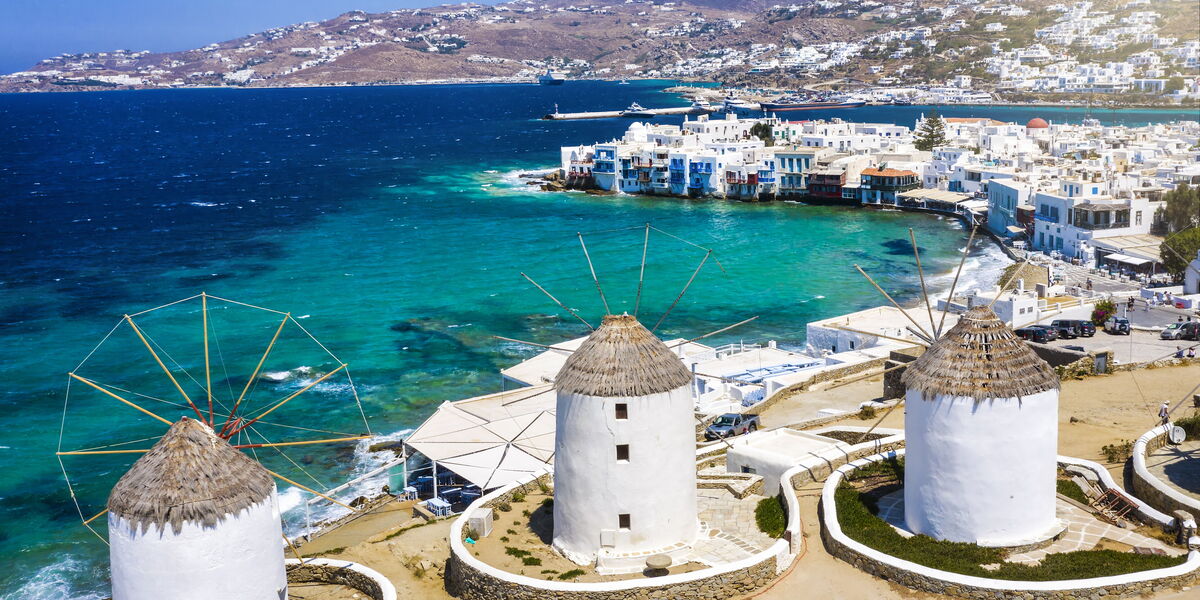The Greek Council of State - with three decisions (CoS 1936-8/2023) - rejected the annulment requests of the Municipality of Mykonos that had challenged the zoning of hotel and port facilities and the building permits. The municipality had argued that the suspension of building permits' issuance did not include those issued in the context of other spatial development plans.
To date, large tourism projects with a total budget of more than €200 million in Mykonos have been under the regime of strategic investments. Among them, the large investment in Karapetis, by the Arabs of AGC Equity Partners, the investment by Grivalia Hospitality in Kalo Livadi and the Mitsis Hotels in Elia .
According to the Council of State:
a) Hotel facilities built on the basis of development spatial plans are advantageous from an environmental point of view, over those built on the basis of scattered construction outside the zoning area, because their environmental effects are studied in two stages, ensuring more adequate consultation with the interested public and the co-competent services (forestry, archaeological etc.).
b) Spatial development plans, touristic or other, are checked by the interested public, along with the Court, and in terms of compatibility with the overlying spatial planning (e.g. Regional Frameworks, etc.), which ensures design coherence and harmonization with the Constitution.
c) Municipalities have advisory competence in the field of spatial planning, however, they are not entitled to obstruct development plans through their refusal to serve the planned facilities, in terms of waste collection, water supply, etc., unless the scale of the project actually exceeds the capabilities of each Municipality. This should be highlighted during the environmental impact assessment consultation stage.
Marinas were banned
With regard to the port infrastructure (moorings, marinas, etc.), these can be sited as complementary to the tourist facility and have the corresponding (small) capacity, in terms of number of vessels -provided by law- but they cannot be intended for the coverage of wider docking needs, unrelated to the hotel unit.
With these data, the Court annulled the location of the tourist anchorage and the embankments in the onshore port area, but accepted that the project was legal in all other respects (desalination, marine fauna, protection of antiquities, sewage treatment, access road, etc.).















